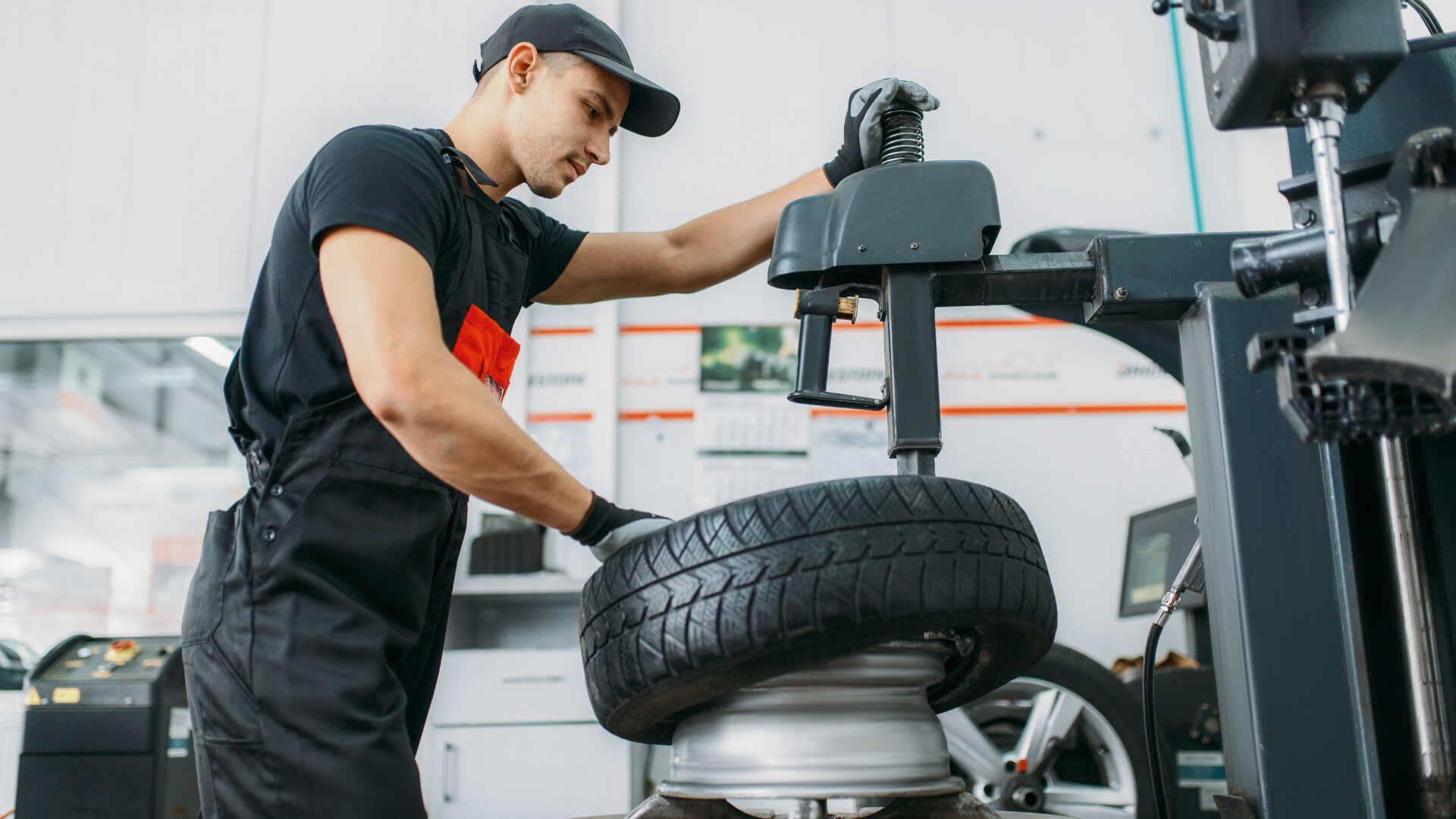
8 Essential Risk Management Tips for Tire Shops
Running a successful tire shop involves more than just providing excellent service and quality products. It also requires proactive risk management strategies to protect your business from potential liabilities. By understanding the common risks in the tire shop industry and implementing effective risk mitigation measures, you can ensure the safety of your employees, customers, and business reputation. In this article, we will explore essential risk management tips specifically tailored for tire shop owners and managers.
Understanding Common Risks in Tire Shops
Tire shops face unique risks that require special attention to minimize potential accidents, property damage, and legal liabilities. From the moment a customer’s vehicle enters your establishment to the moment they drive away, several risk factors must be carefully managed to maintain a safe and successful business. Let’s dive into the practical risk management tips for tire shops.
8 Risk Management Tips for Tire Shops
1. Proper Wheel Torquing
One of the critical factors in ensuring vehicle safety is properly torquing the wheels. Incorrectly torqued wheels can lead to accidents, loose lug nuts, and potential liability for your tire shop. Follow manufacturer guidelines and best practices for wheel torquing, ensuring that lug nuts are tightened to the correct specifications using a calibrated torque wrench. This simple but essential step can significantly reduce the risk of accidents caused by improperly secured wheels.
2. Tire Pressure Monitoring Systems
Implementing tire pressure monitoring systems (TPMS) not only enhances safety but also improves customer satisfaction. TPMS alerts drivers when tire pressure falls below the recommended levels, preventing potential blowouts and accidents. Regularly check and calibrate TPMS sensors to ensure accurate readings and address any issues promptly. By adopting TPMS technology, you demonstrate your commitment to customer safety and reduce the risk of tire-related incidents.
3. Safe Equipment Handling and Maintenance
Proper lifting and handling techniques are crucial to prevent injuries among your staff and customers. Train your employees on safe lifting practices, including using appropriate equipment and techniques to minimize the risk of strains, sprains, and other injuries. Regularly inspect and maintain equipment such as lifts, jacks, and tire changing machines to ensure their proper functioning and reduce the risk of accidents.
4. Staff Training and Safety Practices
Investing in comprehensive staff training on safety protocols is vital to mitigate potential risks in your tire shop. Train your employees on proper safety procedures, including tire changing, equipment operation, and handling of potentially hazardous materials. Encourage a safety-first mindset and promote reporting of any potential hazards or safety concerns. By fostering a culture of safety, you not only protect your employees but also enhance customer confidence in your business.
5. Proper Storage and Disposal of Hazardous Materials
Tire shops often deal with hazardous materials such as used oils, solvents, and chemicals. It is essential to store these materials safely, following proper containment and labeling procedures. Designate specific areas for hazardous material storage and ensure that employees are trained on handling and disposing of such materials in compliance with local regulations. By adhering to proper storage and disposal protocols, you minimize the risk of environmental damage and potential legal liabilities.
6. Customer Communication and Education
Effective communication with your customers is key to setting proper expectations and promoting safety. Educate your customers about routine tire maintenance, including tire rotations, alignment checks, and the importance of regular tire inspections. Provide clear guidelines on safe driving practices, such as avoiding potholes, maintaining adequate tire pressure, and recognizing signs of tire wear. By educating your customers, you empower them to make informed decisions and contribute to their own safety.
7. Emergency Preparedness
Being prepared for emergencies is crucial in any business. Develop an emergency response plan tailored to your tire shop’s specific needs, including procedures for handling accidents, fires, or severe weather events. Keep necessary emergency supplies readily available, such as fire extinguishers, first aid kits, and emergency contact information. Regularly train your staff on emergency procedures to ensure a well-coordinated response in critical situations.
8. Comprehensive Liability Insurance
While implementing effective risk management practices significantly reduces potential liabilities, it’s essential to have proper insurance coverage to protect your tire shop against unforeseen events. Having liability insurance provides the financial support you need in the event of accidents, incidents, claims, and lawsuits. XINSURANCE offers tailored insurance solutions for tire shops, ensuring that you have the coverage you need to protect your business. With XINSURANCE, you can customize your policy to address unique risk classes, past claims history, or high-value assets. Our team can create the perfect plan for your tire shop, offering customized limits, deductibles, and premiums.
Conclusion
By implementing these essential risk management tips for your tire shop, you can protect your business, ensure the safety of your employees and customers, and maintain a strong reputation in your community. Remember to prioritize proper wheel torquing, utilize tire pressure monitoring systems, promote safe equipment handling and maintenance, invest in staff training, follow proper storage and disposal procedures for hazardous materials, communicate effectively with customers, prepare for emergencies, and secure Tire Shop Liability Insurance to safeguard your tire shop further. Implementing these risk management strategies will help your tire shop thrive in a competitive market. Trust XINSURANCE as your insurance partner, providing you with tailored insurance solutions and true peace of mind. Visit XINSURANCE to learn more about our specialized insurance solutions for tire shops and how we can assist you in protecting your business.
To get started with your quote request, complete the form at the top of our Products page.

